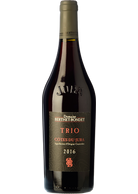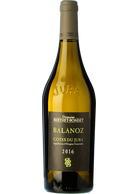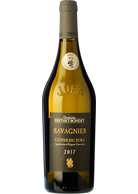Wine from Jura
The Jura is the forgotten brother of Burgundy. Although grapes were grown here as far back as Roman times and by the end of the 19th century there were more than 20,000 hectares under vine, the world wars and phylloxera wiped out almost everything. It was the birthplace of the wine cooperative movement in 1906 and one of the first regions to be recognised as an AOC, but today, barely 10% of the vineyards of yesteryear survive, often planted in small plots. After phylloxera, the region's main grape variety became white and a good part of the 40 or so varieties that had been grown in the past were lost.
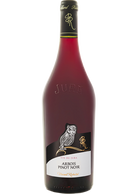
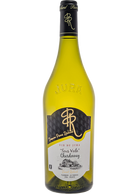
Domaine Pierre Richard Chardonnay sous Voile 2017
BIO
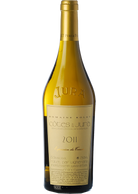
Rolet Côtes du Jura Expression du Terroir 2011
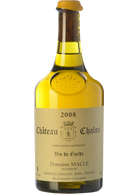
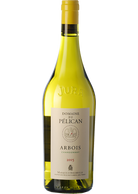
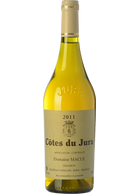
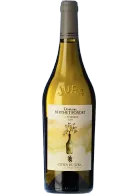
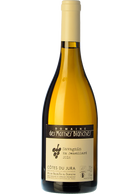
Marnes Blanches Jensillard Ouillé 2016
BIO
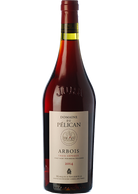
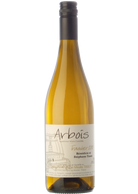
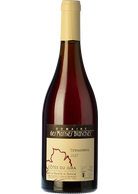
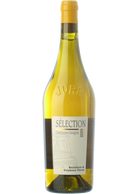
Tissot Chardonnay Selection 2009
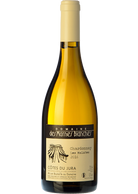
Marnes Blanches Chardonnay Les Molates Ouillé 2019
BIO
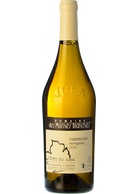
Marnes Blanches Empreinte Savagnin 2014
BIO
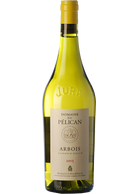
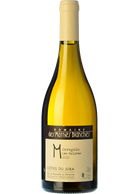
Marnes Blanches Savagnin Les Molates Ouillé 2018
BIO
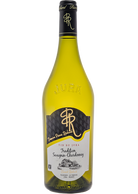
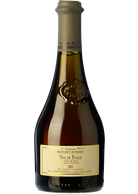
Berthet-Bondet Vin De Paille 2018 (0.37 L)
BIO
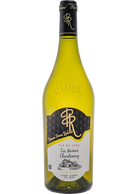
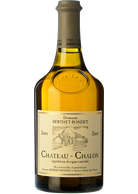
Berthet-Bondet Château-Chalon 2016 (0.62 L)
BIO
Jura
The Jura is the forgotten brother of Burgundy. Although grapes were grown here as far back as Roman times and by the end of the 19th century there were more than 20,000 hectares under vine, the world wars and phylloxera wiped out almost everything. It was the birthplace of the wine cooperative movement in 1906 and one of the first regions to be recognised as an AOC, but today, barely 10% of the vineyards of yesteryear survive, often planted in small plots. After phylloxera, the region's main grape variety became white and a good part of the 40 or so varieties that had been grown in the past were lost.
Its cold, wet climate, with very cold winters and abundant snowfall, contrasts with the warm, sunny summers, which are not free of rain. Its clay-limestone soils are today a place of pilgrimage for many wine lovers due to the spontaneity of its landscape and the purity of its wines. The mountains have isolated its vineyards from those of the rest of France, and the style of its wines, as well as its varieties, have little or nothing to do with those of other regions. It borders the Swiss border, and the land is home to pastures for the flattering cows that produce the milk for Comté cheese, whose nutty aromas are a perfect regional match for the vin jaune, which few know far from the rocky ridges that surround the Jura's vineyards.
Today, every imaginable type of wine is made here. The most popular are the biologically aged whites called vin jaune (yellow); these are wines made mainly from the savagnin grape and with no added alcohol, which are called non-ouillé, as their barrels are not filled to encourage the appearance of the velo flor (somewhat thinner than in Jerez due to the climate). Magnificent rosé wines (locally called coral or grey) are also produced, which in some cases can be more intense than the reds themselves. The latter are wines with a fragile robe, based on the native Poulsard and Trousseau varieties, accompanied by Pinot Noir; they are fresh, delicately fruity, spicy wines with a low alcohol content. The whites, with notes of dried fruits and devilish acidity, are made from savagnin (heida in Switzerland) and chardonnay and are superbly complex; they are known as ouillé (refilled), as the barrels are refilled periodically to prevent oxidation. Also made are the delicious vin de paille (a sweet wine made from grapes dried on straw mats) and traditional method sparkling wines made from chardonnay grapes under the generic name of crémant. The also popular Macvin is a blend of pomace and grape juice which is drunk as an aperitif.
The region is divided into 4 AOCs: Côtes de Jura is the generic AOC, the largest one, and occupies more than 70 villages. The predominant wines are whites made from chardonnay and savagnin and reds from pinot noir, trousseau (bastard) and poulsard (ploussard). The tiny Château-Chalon covers just 4 communes of granitic soils that are dedicated to the production of yellow wine; like all jaune wines, it is bottled in clavelins, the classic 62 cl bottle, just the amount of wine left from each litre after the 6 years and 3 months of minimum biological ageing; the rest is what is known as the angels' share. The AOC Étoile also produces yellow wine, although the most common wine is white wine made from savagnin and especially chardonnay. Arbois is the main AOC for red wine, although virtually any style of wine is made in the six villages that make up the AOC and its historic cooperative.
